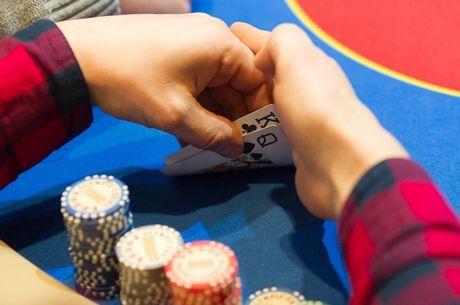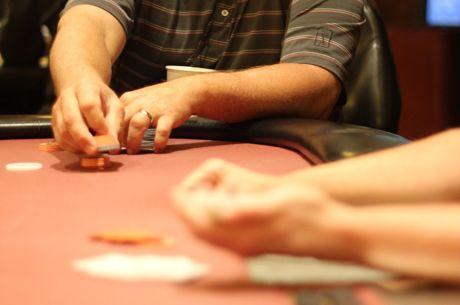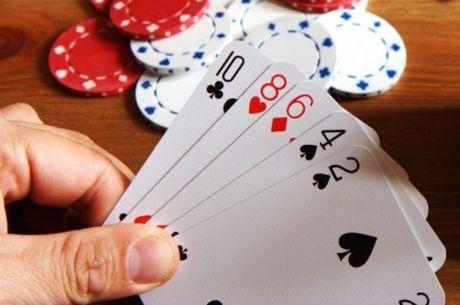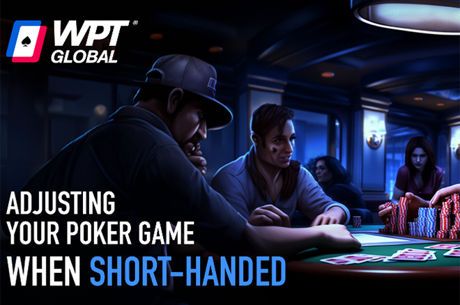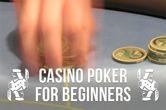Modern Poker Theory Is Backwards - Focus on This Instead
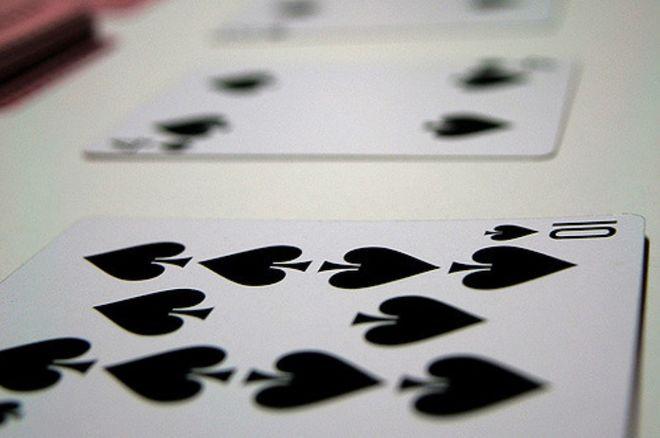
One of the biggest keys to your success in poker, especially when playing at the lower limit tables, is being able to maximize your earnings versus recreational players.
The reason why this is so important is because these are the players who consistently make huge fundamental mistakes like playing too many hands, limping, calling too much, and so on. Therefore, their loss rates often far exceed those of any other players.
However, most modern poker theory these days focuses on how to beat the solid winning players instead. This is a backwards approach to learning the game, because no matter how good you are at poker, you are never going to turn a big profit against these players. They simply do not make enough big mistakes for this to happen.
In this article I am going to show you how you can start drastically increasing your winnings versus the players who are really going to make a noticeable difference to your bottom line at the poker tables, the recreational players.
1. Get Involved More
The biggest reason why most people do not maximize their winnings versus the recreational poker players is because they simply aren't involved in enough pots against them.
How do you start getting involved in more hands versus the recreational players? You start by raising them every time they limp. This is also called an "isolation raise."
You see, weak poker players like this absolutely love to limp in and see a "cheap flop." You need to start making it expensive for them instead.
Doing this will ensure that you get involved in more pots with them. You accomplish this by raising after they limp if you have anything even remotely playable at all. This includes hands like K♣10♥, Q♦8♦, 3♣3♥, 7♠5♠, A♣4♦ and the like. All of these hands are easily good enough to raise with when a recreational player limps.
Don't give these guys a free pass when they limp like most other poker players do. Your job is to get the rec player's chips faster than everybody else. And you do this by getting involved in as many pots as possible against them.
2. Get Position on Them
When you are using this isolation raise strategy, it is also vital that you get position on the recreational players. This makes it so much easier to get their chips after the flop.
Having position is important, because as you'll soon find out they are going to call you a fair amount of the time when you raise preflop. If you are in position after the flop, though, then this gives you so many more options to win the pot.
You can make a simple continuation bet when they check and often take it down. If you flop well, you can check behind and trap them. Or you can bluff them. It's completely up to you!
All of these various lines of attack are so much easier to pull off when you have position, because you get to see what they do first every single time.
Make sure that you do everything possible to get on the left of the weaker players. This will make isolating them and winning more pots against them so much easier.
3. Keep Your Foot on the Gas Pedal
The next thing you want to do is make sure that you keep hammering on the rec players every time they call you.
This means you should be firing a continuation bet on the flop most of the time when they check. You should also follow this up on the turn a reasonable amount of the time if you have some sort of pair or decent draw. And if you actually have a really strong hand like top pair, two pair, trips or better, then you should simply just keep betting the entire time.
You want to keep your foot firmly on the gas pedal against weaker players, because this gives off the vibe to them that you are a wild and crazy player. It helps build a "dynamic" between you and this player — that is, what each of you think of each other based on previous hands.
Always ask yourself this question: When you finally pick up a big hand versus one of the recreational players, who do you think they are most likely to pay off? That quiet guy who has been folding every hand for the last 30 minutes or you, the "wild maniac," who has been raising and bluffing them every hand?
I am sure you already know the answer to that question.
4. Don't Get Too Out of Line
Now while you want to be highly active against the recs and even bluff them a little bit, you don't want to take this too far, because the number one thing these players love to do is call. In fact, there is no bigger thrill in the game for them than putting on their sheriff's hat and catching you in a big bluff!
You never want to be running any huge double- or triple-barrel bluffs against a player like this. In fact most of the time if they call me on the flop, I am just going to give up if I have nothing by the turn.
You simply can't bluff a calling station. It is important to play aggressively against the weaker players, but also remember that you can't force them to fold.
You have to remain patient because when you do finally play a big pot against them, you are much more likely to go to showdown. And that means that you need to have the goods.
5. Show Them a Few Bluffs Early On
While you don't want to run any large multi-street bluffs against these players, my final tip ironically involves using plenty of small-scale bluffs early on when you first start playing against them. Furthermore, you want to let them know exactly what you are doing as well. By that I mean actually showing them the bluff.
The reason why this strategy is so effective is because early on when you first encounter a new player, that's the time they are going to give you the most credit when you bet. They will often fold the first several times when you bet or raise them if they have nothing.
By actually showing the recreational player your bluffs, this also helps create that narrative that you are a wild maniac who is trying to bluff every single hand. This will ensure that when you finally do make that big hand against them (an overpair, two pair, trips, etc.), you will get paid off in full.
Final Thoughts
Maximizing your winnings versus recreational poker players is absolutely vital to your success in today's games, especially at the lower limits. These are the players who consistently make huge fundamental mistakes like playing too many hands, limping too much, calling with any pair, and chasing every draw.
Most of the other players simply won't make these large-scale mistakes, which is a big reason why you will never turn a huge profit against them. That's also why spending large amounts of time figuring out how to beat them is like trying to draw blood from a stone.
In order to increase your winnings versus the recreational players, make sure that you get position on them. Then start getting involved against them, raising every time they limp if you have anything even remotely playable.
After the flop continue with the aggression, especially on the flop. And make sure to show them a few bluffs early on as well. But be careful not to run any large multi-street bluffs, because they will often be looking for any reason to call you down.
When you put all of the pieces together like this, then it really just becomes a waiting game. Make a big hand and hit the jackpot.
Nathan "BlackRain79" Williams is the author of the popular micro stakes strategy books Crushing the Microstakes, Modern Small Stakes, and The Microstakes Playbook. He also blogs regularly about all things related to the micros over at www.blackrain79.com.
Photo: "Flush Draw” (adapted), Robin Corps, CC BY-SA 2.0.

